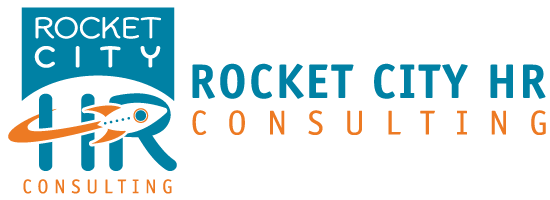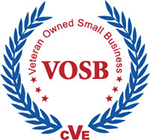The Consolidated Omnibus Budget Reconciliation Act (COBRA) is a federal law that requires employers to offer temporary continuation of group health coverage to eligible employees and their families when coverage would otherwise be lost due to specific qualifying events. HR compliance with COBRA is crucial to meet legal obligations and ensure that affected individuals receive their entitled benefits.
Employers Who Must Comply with COBRA
- Private-Sector Employers
If you’re a private-sector employer with 20 or more employees who work over 50% of your typical business days in the previous calendar year, COBRA applies to you. This means you’re legally required to offer COBRA coverage to eligible employees and their families. - State and Local Governments
Yes, even state and local government entities are on the hook. They, too, must adhere to COBRA provisions, ensuring their employees have access to continued health coverage after qualifying events.
Who Gets a Pass? COBRA Exemptions
- Federal Government Plans
Federal employees are covered under a separate law, so COBRA doesn’t apply to federal government health plans. - Church Organizations
Certain church-related organizations may be exempt from COBRA requirements due to their specific organizational structures and beliefs. - Small Employers
If your company has fewer than 20 employees, you’re generally not subject to federal COBRA laws. But hold on—many states have “mini-COBRA” laws that could still require you to offer continuation coverage. It’s essential to check your state’s regulations to ensure compliance. Alabama does not have “mini-COBRA” laws.
5 Essential Practices for HR to Ensure COBRA Compliance
1. Timely Notifications are Crucial
General Notice
- What to Do: Inform employees and their spouses about their COBRA rights
- When: Within 90 days of them joining your group health plan
- How: Use the COBRA Model General Notice as a template
Election Notice
- What to Do: Notify qualified beneficiaries after a qualifying event (like job loss or reduced hours) about their right to elect COBRA coverage
- When: Send this notice within 14 days after being informed of the qualifying event
- How: Use the COBRA Model Election Notice as a template
Unavailability Notice
- What to Do: If COBRA coverage isn’t available after a qualifying event, you must explain why
- When: Provide this notice promptly to keep everyone informed
2. Provide a Fair Election Period
- What to do: Clearly communicate deadlines to avoid confusion
- When: Give qualified beneficiaries at least 60 days to decide if they want to elect COBRA continuation coverage
3. Keep Detailed Records
- What to do: Good recordkeeping safeguards your company and ensures compliance.
- What to Record:
- Dates and copies of all notices sent and received
- Dates of qualifying events
- Beneficiaries’ election decisions
- Premium payment records
- What to Record:
4. Be Aware of State Laws
- What to do: Research your state’s regulations to see if your organization should comply with “mini-COBRA” laws, especially if you have fewer than 20 employees
5. Understand Penalties for Non-Compliance
IRS Excise Taxes
- Risk: Non-compliance can cost you $100 per day per beneficiary
Civil Lawsuits
- Risk: Qualified beneficiaries may sue for damages if you fail to comply
Attorney’s Fees and Interest
- Risk: Courts may require you to pay the beneficiaries’ legal fees and interest
ADDITIONAL RESOURCES:
- U.S. Department of Labor – COBRA Continuation Coverage
- o https://www.dol.gov/general/topic/health-plans/cobra
- https://www.dol.gov/agencies/ebsa/laws-and-regulations/laws/cobra
- FAQ COBRA Continuation Coverage
- https://www.dol.gov/sites/dolgov/files/ebsa/about-ebsa/our-activities/resource-center/faqs/cobra-continuation-health-coverage-consumer.pdf
- “Mini-COBRA” laws by State
- https://www.cobrainsurance.com/usa-state-cobra-rules/







